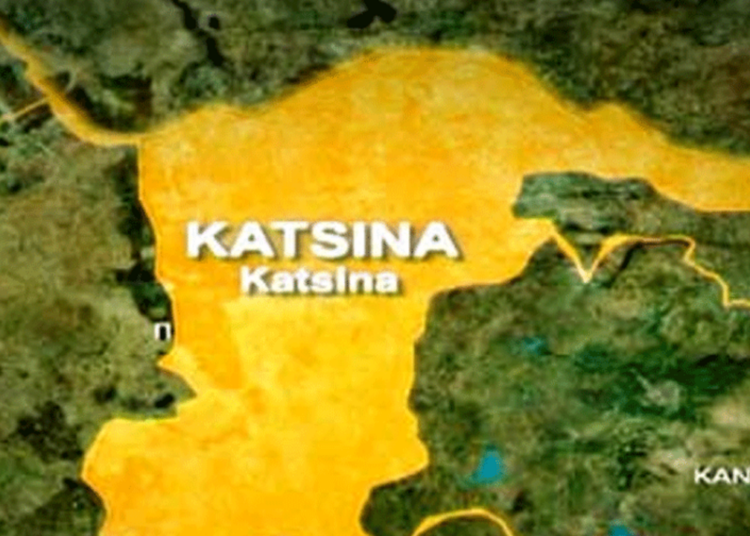Katsina State commissioner for basic and secondary education, Hajiya Zainab Musa Musawa, has called for an upward review of the daily feeding cost for boarding students from ₦300 to ₦450 per child to reflect the current economic realities and rising cost of food items in the market.
She made the appeal while responding to the chairman of the pre-budget defence session, the commissioner for budget and economic planning, Alhaji Malik Anas, during the ministry’s 2026 budget defence in Katsina.
She said the current allocation of ₦300 per meal per child was no longer sufficient to sustain the school feeding program, particularly in government boarding and science secondary schools with large student populations.
“We have formally requested the review of the feeding cost to ₦450 per child per day. Although the National Executive Council (NEC) has verbally agreed to this proposal, we are still awaiting official approval,” Musawa stated.
The commissioner noted that the feeding budget line had previously been discussed and agreed upon at various levels, including the Ministry, Government House and State Assembly yet the 2025 appropriation reverted to the old ₦300 rate despite an earlier agreement to increase it.
She lamented that many school principals were forced to borrow money to maintain meal services due to inadequate funding, adding that science schools, in particular, often exceed their feeding allocations and rely on supplementary provisions, which are usually delayed.
“The situation puts pressure on school management and sometimes leads to public misunderstanding. What appears as mismanagement is often the result of underfunding,” she added.
Musawa further stressed that the proposed ₦450 rate was a modest adjustment aimed at maintaining the nutritional standard of students’ meals and ensuring that schools could operate efficiently without financial strain.
In his response, Commissioner Malik Anas acknowledged the concern raised by the Education Ministry and assured that the issue of feeding cost would be critically reviewed during the 2026 budget deliberations to align with the government’s priority of improving education quality and student welfare across the state.
If approved, the new feeding rate is expected to enhance meal quality, reduce school indebtedness, and strengthen the administration’s commitment to improving learning conditions in Katsina State’s public boarding schools.





